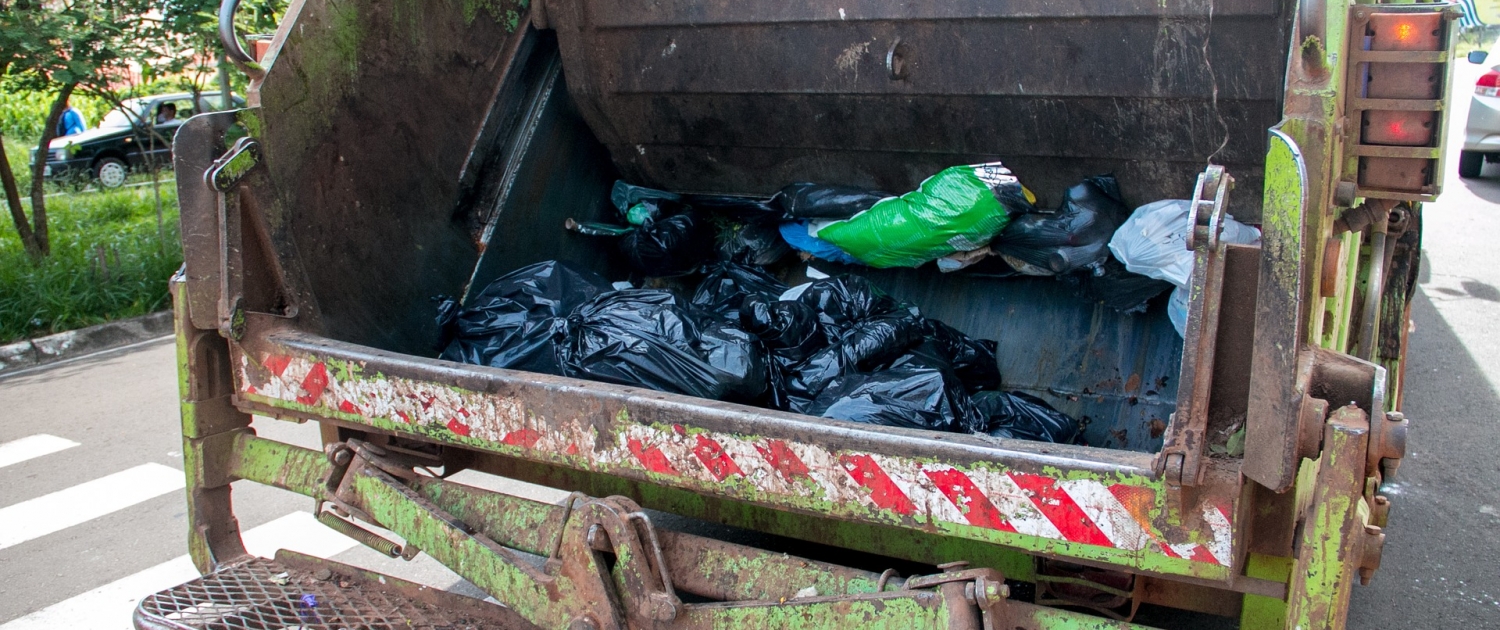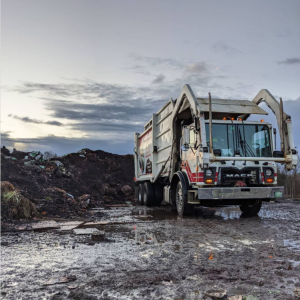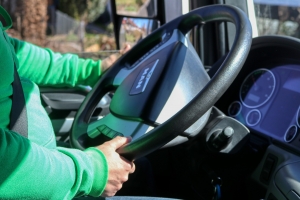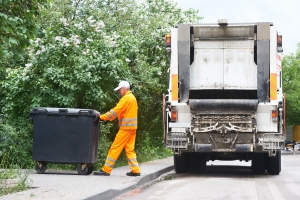
Although it might not be viewed as the most glamorous CDL job, local waste and recycling collectors play a vital role in the health and well-being of our communities.
They also receive decent pay, benefits, and an ideal work/life balance—perfect for any trucker who wants to stay close to home while gaining experience in operating heavy machinery and navigating detailed routes via GPS.
Are you considering becoming a local waste collector? Keep reading to find out everything you need to know, including required skills, experience level, and the day-to-day routine.
A Day in the Life
Local waste collectors, also known as garbage truck or dump truck drivers, follow a distinct work routine compared to most other truckers. This specialized schedule is ideal for CDL drivers who want to stay near their homes while enjoying flexibility and ample free time.
Many waste collectors start their day between 5 and 6 in the morning to take advantage of the cooler hours and avoid heavy traffic. This might seem like an early start, but remember that also means an earlier end to the day, since the bulk of the daily labor is done before afternoon.
Each shift will start with route familiarization, using GPS technology to review the assigned route and optimize the path between the locations of residential and commercial areas where waste needs to be collected. Drivers must also keep in contact with dispatch by radio throughout the day to keep up with pick-up schedules and any route changes.
Although there are different types of garbage trucks depending on the experience of the driver and the specialized equipment necessary for the job, most feature a hydraulic lift and compactor. Drivers must have the required training and experience to operate such machinery, and it’s important to conduct a safety inspection each day before the first stop of the route.
There are also two different options for waste collection drivers, residential or commercial. Commercial waste collection drivers typically service businesses, industrial areas, and large-scale facilities, managing the disposal needs of higher volume waste generated by these organizations. These drivers often operate larger vehicles and navigate more complex logistical challenges. On the other hand, residential waste collection drivers focus on picking up household waste within neighborhoods. Their routes involve frequent stops, demanding a different set of skills to efficiently manage varied waste types from individual households.
All drivers, however, must be prepared to pick up a wide variety of waste, including recycling, yard waste, and sometimes bulk items such as furniture. The day ends with hauling and disposal, whether to a landfill, recycling center, or other transfer station, where drivers follow strict waste collection safety standards and procedures to ensure efficient and responsible waste management.
Education and Experience Requirements
Like any CDL driving opportunity, it helps to have some experience behind the wheel as well as a clean Motor Vehicle Record (MVR) to start out as a garbage truck driver. Some waste management companies look for up to 3 years of prior driving experience, and many require that applicants be of 21 years or older.
In most cases, a high school diploma or GED are sufficient for educational background, as well as a Class A or B CDL, depending on the type of truck you will be operating. Most waste collecting trucks, such as front load, rear load, and roll-off dumpster require a Class B CDL, while long-haul transfer trailers require a Class A.
It’s important to be in good health to operate any waste collection vehicle, including having good hearing, vision, and the ability to lift heavy weights and operate large machinery.
Driving a garbage truck also presents distinct challenges. Unlike typical 18-wheelers, dump trucks usually have fewer rear axles equipped with brakes, impacting their stopping ability. Additionally, these trucks frequently transport loads with a higher center of gravity, making them more prone to tipping over. When operating off-road, drivers must navigate hilly, soft dirt roads while seeking stable ground for dumping.
However, it’s important to consider that most employers offer on-the-job training, including educational courses and behind-the-wheel practice. You’ll learn important topics regarding safety, vehicle maintenance, and governing rules and regulations, while gaining confidence in operating important transportation technology.
Finding Job Availabilities
Another reason that many drivers decide to become a local waste collector is because overall job growth in the field has remained strong due to worker shortages and the highly essential nature of the career.
When searching for a position, consider directly checking with local government agencies, such as city or county waste management departments, as well as private waste management companies. Job postings can be available in many sites, including online job boards, truck carriers, and even waste collection depots and landfills.
For many drivers, the most appealing part of a trucking career is that there is a wide variety of opportunities depending on your experience level, availability, and needs. Waste collection is a great option for any driver looking for a dependable and local position that is sure to remain in high demand.
For more information on finding and applying to other job opportunities for CDL drivers, be sure to check out our social media and stay up-to-date on our Truck Driver Blog!



 Any time you prepare for a
Any time you prepare for a 

